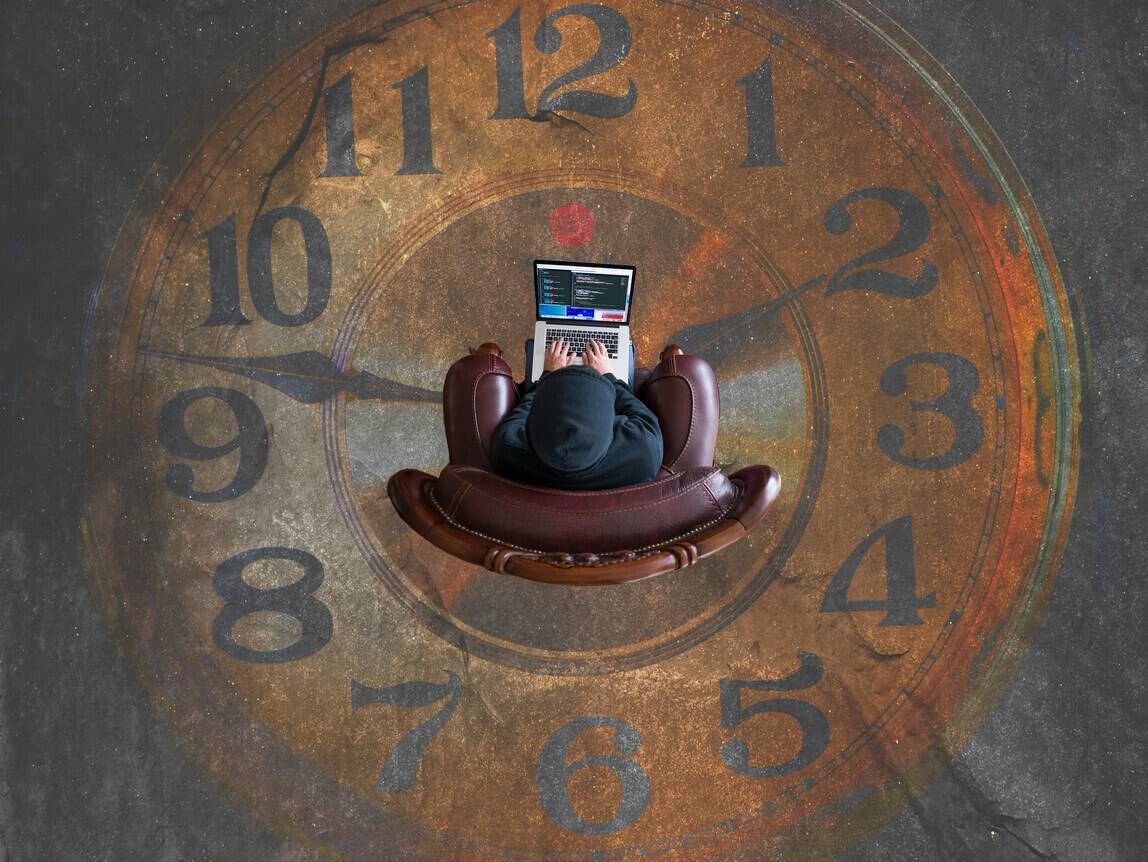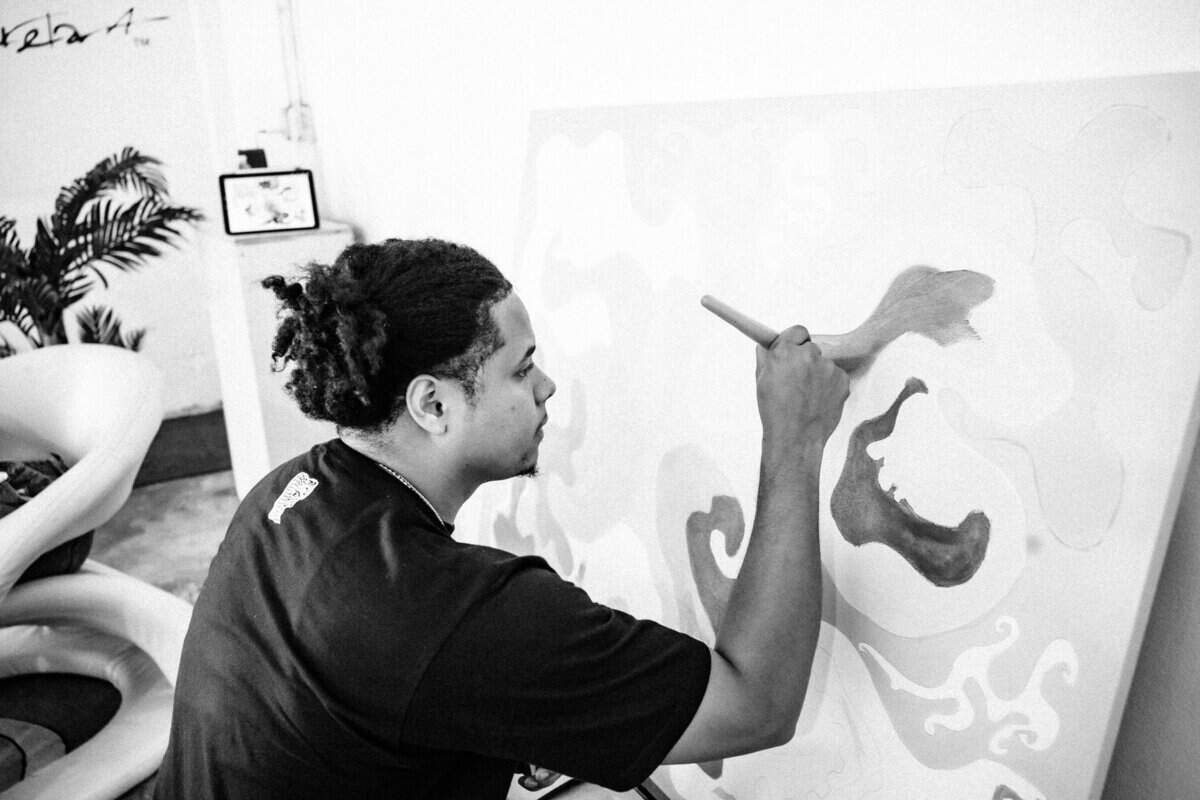In today’s world, it’s almost a given that if you have a talent or calling, you’ll have to turn it into some kind of side hustle or business.
Making money from your hobby sounds perfect on paper – who wouldn’t want to do what they love and get paid for it?
But here’s the thing: turning your favorite pastime into a job can sometimes strip away the joy and freedom that originally made it special.
It’s not all sunshine and rainbows.
So, here’s why monetizing your passions could actually be killing your happiness rather than giving it a boost.
1. The Magic of No Pressure Is Lost
When you do your hobby just for fun, there’s no pressure. It’s pure, spontaneous, and stress-free.
You create because you want to, not because you have to, and that’s an enormous difference!
Once money’s involved, the relaxed vibe disappears. Suddenly, every mistake feels costly, and every deadline looms over you.
The joy of indulging your passion without judgment turns into stress-filled work!
Your hobby becomes a task, and instead of a safe space, it’s now a source of anxiety.
That free-spirited energy you once loved can quickly turn into a burden, making the process less about enjoyment and more about obligation.
2. Your Hobby Becomes a Job
When your passion turns into a paycheck, it’s no longer just playtime; it’s work.
That’s a huge shift. What was once a way to unwind and express yourself now comes with expectations, deadlines, and responsibilities.
This can drain the fun out of creating, making it feel more like a chore than a release.
The spontaneity fades because suddenly you must think about how to satisfy clients, meet quotas, or stay profitable.
It’s easy to lose sight of why you started in the first place when your hobby is now a source of income.
3. The Joy of No Rules Dissolves
Hobbies are pretty much about doing whatever you want, whenever you want. There are no rules, no standards, no one telling you how to do it.
That’s what makes it 解放的!
But once you monetize your passion, rules come in: pricing, branding, marketing, deadlines…
All these expectations can turn what was a freeing activity into a frigid routine.
The creative flow is interrupted by the need to conform or follow industry standards.
That sense of absolute freedom gets replaced with a pressure to perform and produce for profit, which can really take the fun out of it.
4. Creativity Gets Channeled Into Commercial Constraints
Original creativity thrives when it’s unbounded. When you’re just creating for yourself, you experiment freely, take risks, and enjoy the process.
But money introduces constraints – what sells, what’s marketable, what fits a niche.
These commercial pressures can stifle your originality, forcing you to compromise your vision.
The passion that once fueled your work might now be replaced by a focus on profit margins.
The joy of expressing yourself authentically can be overshadowed by the need to cater to an audience or meet sales goals.
5. Your Hobby Is No Longer Your Escape
One of the best things about hobbies is that they allow you to escape. They transport you away from daily stress, responsibilities, and worries.
When you monetize that hobby, it stops being an escape and becomes yet another source of stress.
Instead of unwinding, you might find yourself worrying about making enough money, attracting clients, or handling criticism.
That passion, which was your safe haven, turns into something that constantly forces you to think about the bottom line.
Your sense of freedom and peace diminishes, leaving you to feel more drained than uplifted after your creative sessions.
6. People Expect You to Always Be “On”
When you’re known for your craft, friends, clients, or followers might expect you to always be available, producing, or sharing.
This can lead to 焼損.
Your hobby, which was once a source of joy, now becomes a constant obligation. The line between personal time and work blurs.
You might start to feel guilty for taking breaks or stepping back.
The passion you once had can turn into a chore, with external pressures dictating your schedule and output.
Over time, this can sap your enthusiasm, making your creative pursuits feel like just another duty.
7. The Added Stress
Money is a double-edged sword. While earning from your hobby can be rewarding, it also brings financial stress.
You might worry about making enough to cover expenses, fluctuating income, or market demand.
This financial pressure can overshadow the joy of creating.
Instead of focusing on art or craft, your mind becomes preoccupied with bills, taxes, and the economics of your passion.
Over time, that stress can overshadow the happiness you once found in your hobby, turning it into a source of worry rather than pleasure.
8. You Might Lose Authenticity
When monetizing your passions, you often find yourself having to cater to trends or popular demands just to sell more.
This can lead to compromising your authentic style or voice.
The unique style that made your work special can get diluted by the need to appeal to a broader audience.
If you’re constantly adapting to what sells, you might feel like you’re losing touch with what truly excites you.
That disconnect can cause frustration and a sense that your work isn’t genuine anymore. At that point, it’s only a matter of time before you start feeling like an impostor.
9. The Fear of Failure Gets Amplified
Pursuing your passion without financial stakes often means you can afford to fail without major consequences.
But when money’s involved, failure feels もっと見る personal and risky.
What if your work doesn’t sell? What if you can’t attract enough clients?
That fear of failure can become paralyzing, making creative risks scarier. Instead of experimenting freely, you might stick to safe, predictable projects just to keep the cash flow steady.
This fear stifles growth, innovation, そして 興奮, turning what was once a joyful exploration into a stressful gamble.
10. Your Identity Becomes Tied to Profitability
When your hobby becomes a source of income, it can start defining you – your worth, your identity, your success.
If you’re not making enough or your work isn’t appreciated, it can feel like a personal failure.
This constant link between your self-esteem and your financial success can be exhausting!
The passion that once fueled your creativity might now be overshadowed by anxiety and self-doubt.
Over time, this can sap your happiness, making your hobby feel like a burden rather than a passion.
It’s important to remember that neither your craft nor you is defined by how much you can sell.
A little Aquarius, devoted to writing and embroidery. Through my writing, I hope to empower readers to align with their true selves and navigate life’s mysteries with confidence.











